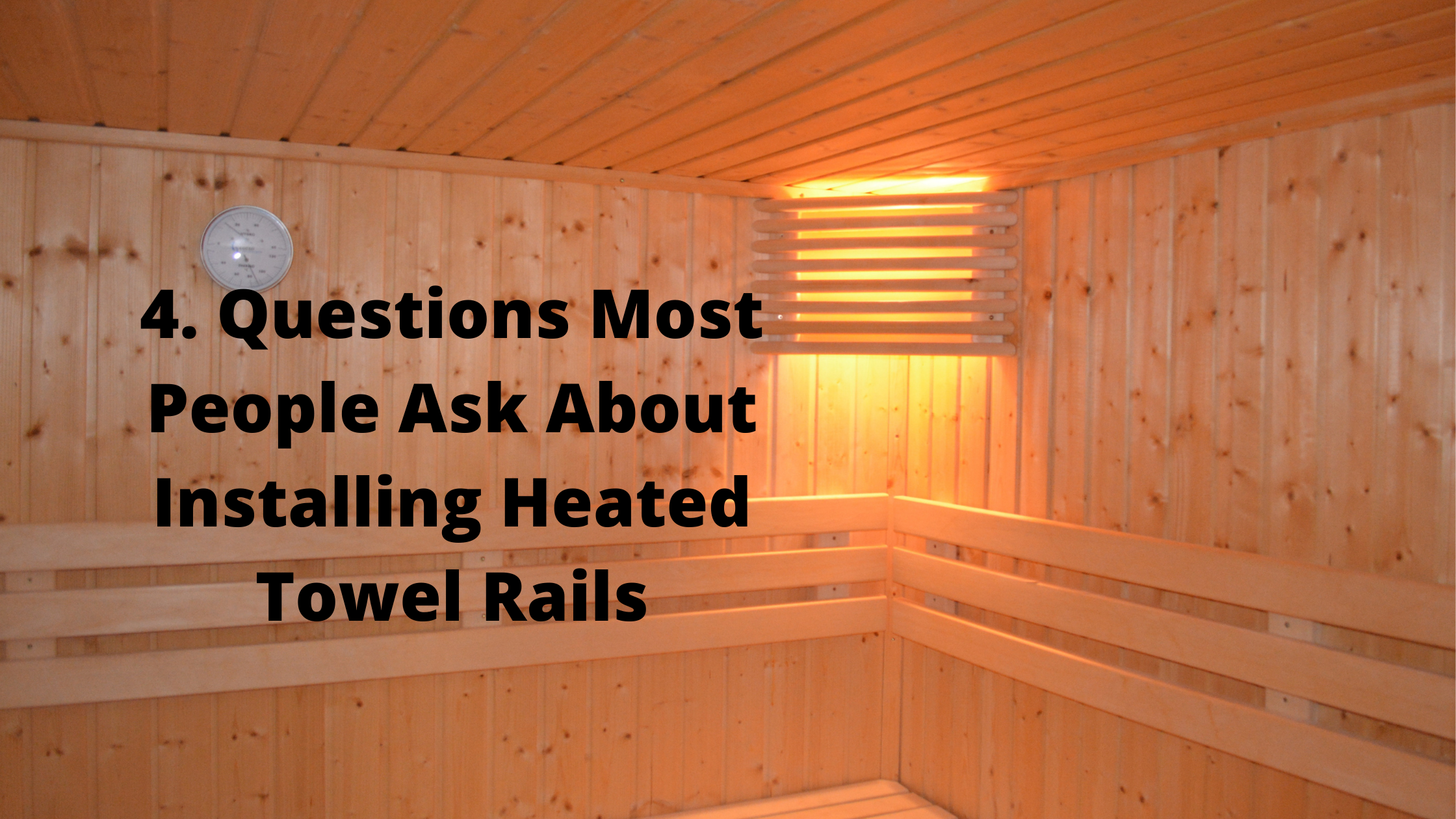Whether you are remodelling or building your home from the ground up, one of the things you have to consider is installing heated towel rails. Some call these towel warmers a small appliance that you can readily integrate into your bathroom. Fortunately, you will find many Heated Towel Rails online, coming in all shapes and sizes to blend well with your bathroom project.
Why Must You Invest in a Heated Towel Rail?
Most spas have been using heated towel rails to ensure you come out of your soak and straight into a warm towel. Heated towel rails are an excellent idea for the following reasons:
- Keeps towels dry faster, reducing bacteria and mould growth.
- Assure you have fresh towels waiting after a bath.
- Provides supplemental heat in your bathroom and reduces dampness.
- Can help dry delicates and swimwear.
- It comes in a broad range of designs to fit your bathroom theme, from coat-hanger shaped to wall-mounted or freestanding.
How Do Heated Towel Rail Warmers Work?
When you shop for Heated Towel Rails online, you will notice they come into basic variant, namely electric and hydronic. Both systems heat the towel rails from the inside out, providing great efficiency. On top of that, they provide low energy consumption. The main difference lies in how they are installed. Take a look below:
Electric: These are self-contained and operate independently from your heating system. The towel rail itself contains electric-powered and low-watt elements. It typically has a wire running into the towel rail tubes to provide the heat. You can operate this with an off/ on switch. Some modern variants come with timers and smart thermostats.
- Hydronic: This one is more complex than it is connected to your home’s radiant-heating system or the hot-water plumbing. Just like a radiator, the hot water tiny pipes course through the towel bars. As a result, you get consistent even heat all the time.
How are These Towel Rails Installed?
The installation of these heated towel rails depends on your chosen mounting design and heat source. Some come with a very simple plug which you can directly put yourself in a nearby electrical outlet. Meanwhile, the fancier versions require professional installation.
For example, you may need the help of a plumber if you choose a hydronic towel warmer that’s connected to your hot-water plumbing. Similarly, you need a certified electrician if you want wires hidden within the walls when working with a wall-mounted electric towel rail.
If you don’t want to deal with any added expense, a freestanding towel rail that you can plug in the corner works best. This gives you flexibility in terms of placement and provides the most straightforward installation. You can even move it around to your laundry area if you want to use it to dry your swimwear or lingerie. Some people also use it by their foyers to dry outerwear, keeping them cosy and warm for your next trip outside.
What Are the Various Mounting Configurations?
Heated towel rails usually come in three different mounting styles. These are hanging from the wall, mounted from the floor, or free standing. You can choose hardwired systems or plug-in versions.
That being said, hydronic towel warmers can typically only be mounted on the wall or floor because they need to be connected to your plumbing system. However, among the three mounting styles, you will still find a broad range of designs to work with, from your main master bath to powder rooms. There is certainly a suitable design that will work seamlessly with your bathroom design and theme.


